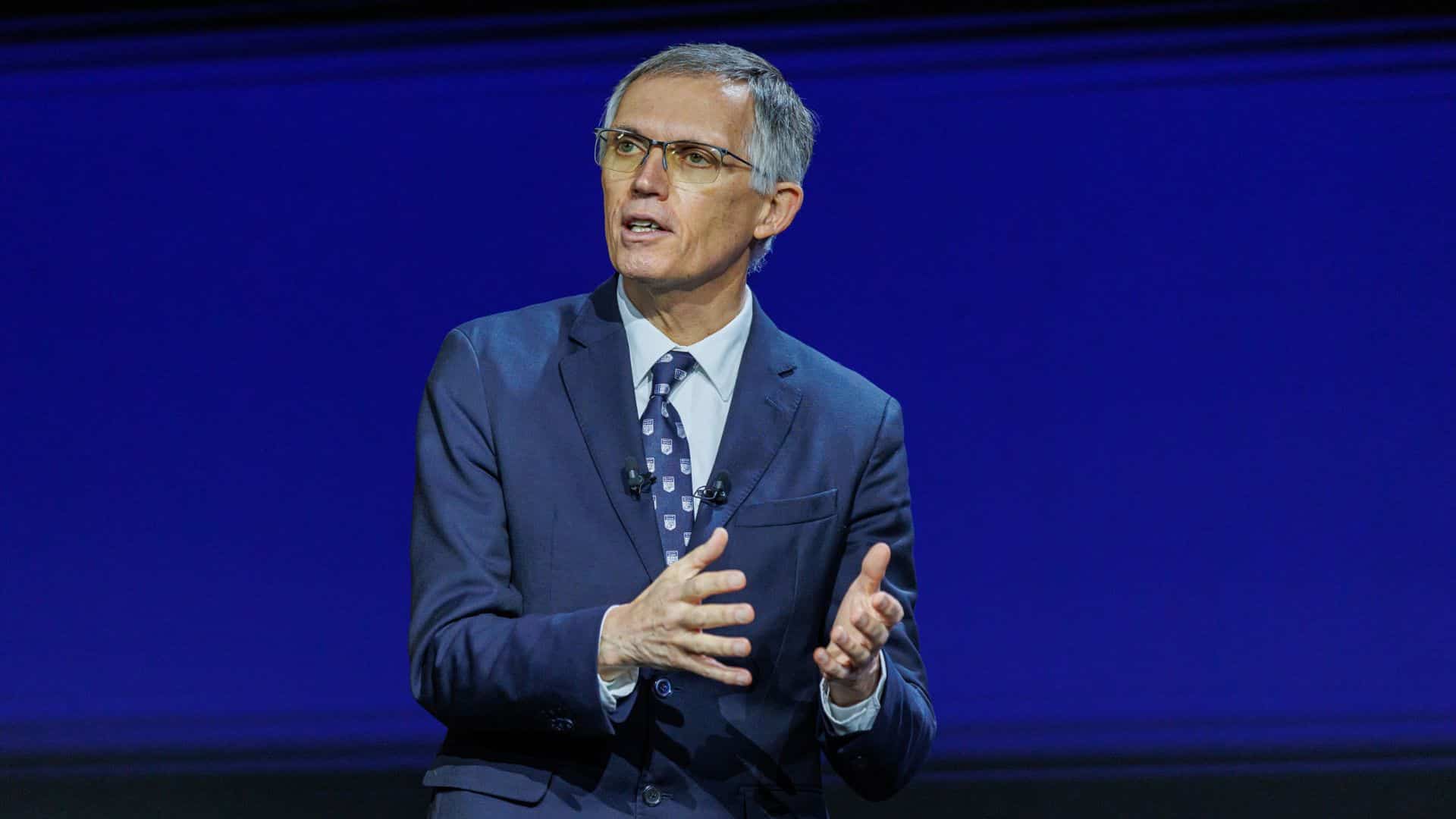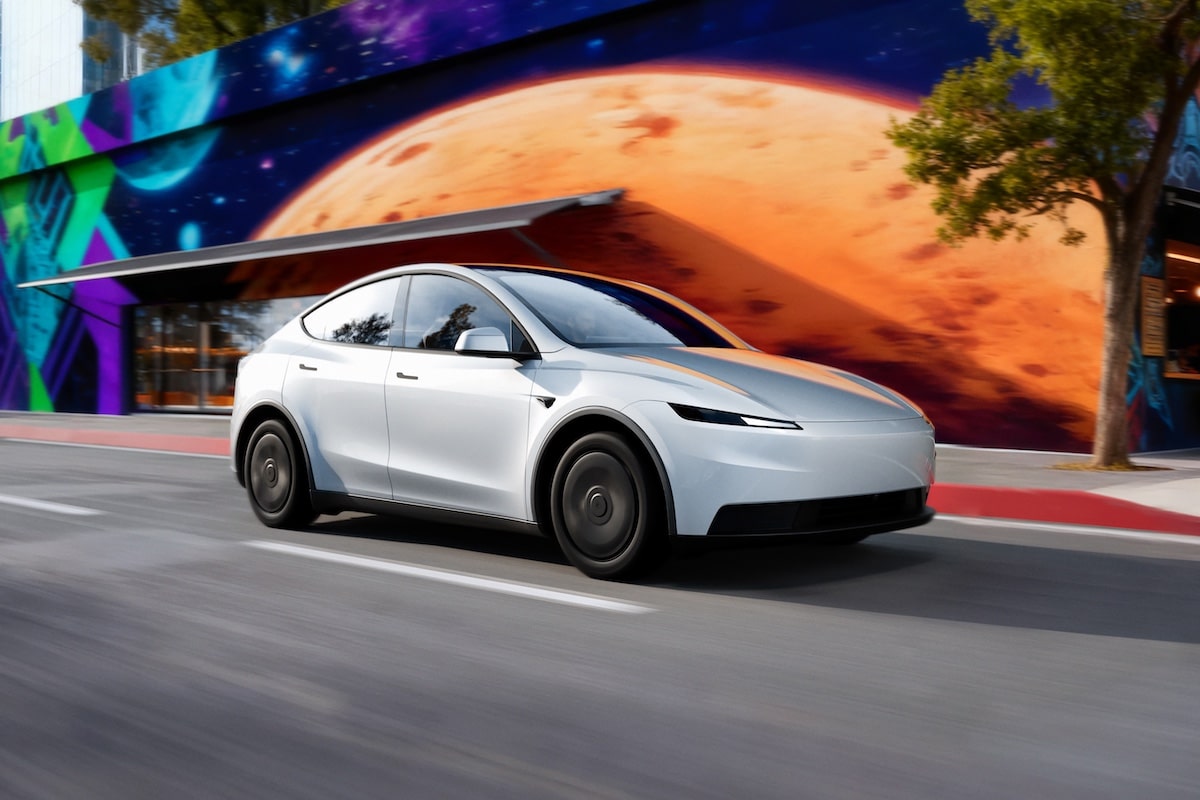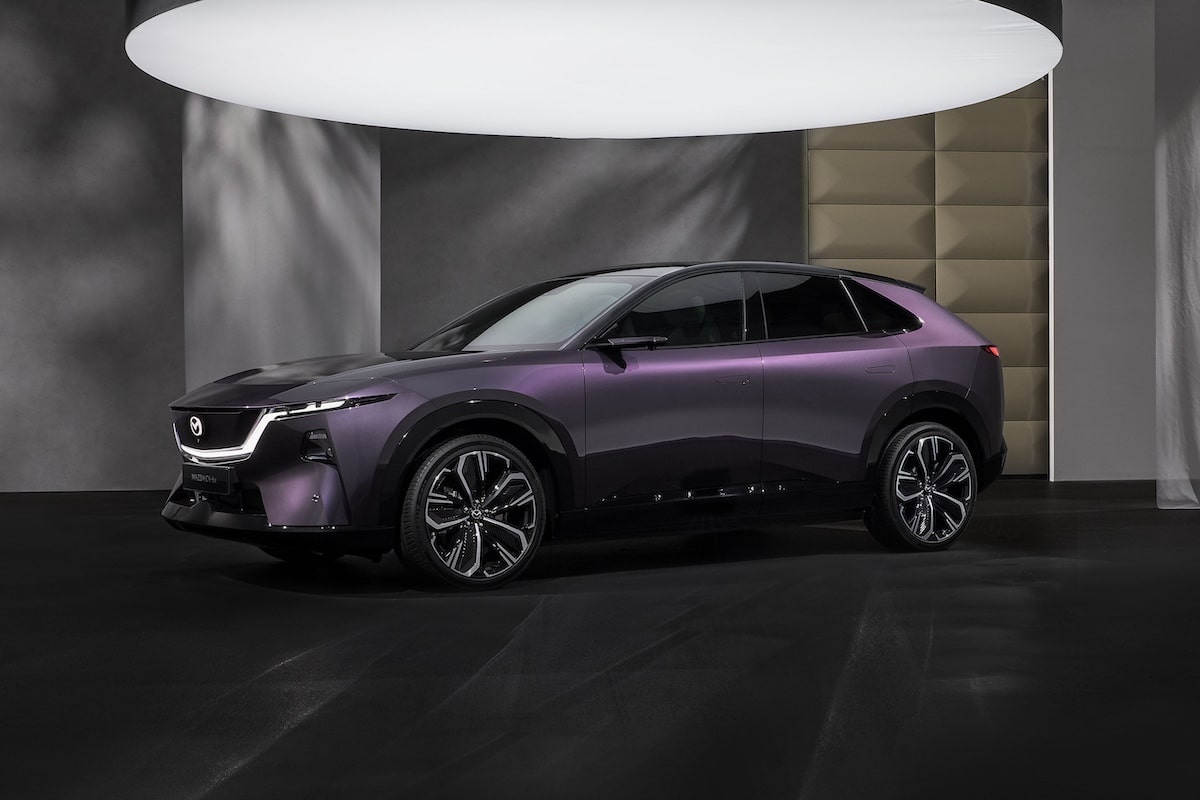Ban on internal combustion engines: Stellantis responds by leaving the ACEA

The Stellantis group wants to make its voice heard in a different way in response to the end of thermal vehicle sales in Europe by 2035.
Carlos Tavares has never hesitated to publicly voice concerns about the automotive sector’s transition to all-electric. The CEO of Stellantis did not respond favorably to the European Parliament’s approval of banning the sale of thermal cars on the Old Continent in 2035. To express his opposition and to seek a solution more aligned with his vision, he decided to withdraw his group from the European Automakers Association (ACEA), which he had chaired in 2018 and 2019. The departure will take place before the end of the year.
The ACEA, which includes the 16 leading automakers in Europe, is not in favor of banning thermal car sales starting in 2035. It considers the measure premature and advocates for more flexible regulation, which would notably allow for the preservation of hybrid vehicles. But evidently, the Stellantis CEO believes that the fight is not being conducted properly, or at least that it is lacking effectiveness. The association, currently chaired by the CEO of BMW, has not yet officially responded to this announcement.
Stellantis Creates a Forum on Freedom of Movement
Meanwhile, Stellantis announces the creation of a “Forum on Freedom of Movement”. The event, which will be held annually, is presented as a gathering “of committed contributors to address issues with a fact-based approach, to identify ways to bring about clean, safe, and affordable mobility for society and to tackle the challenges of climate change”.
“The environmental challenges ahead of us, combined with a rapidly evolving operational environment, require an effective, comprehensive, and inclusive 360-degree approach involving all those willing to contribute to building sustainable mobility“, said Carlos Tavares. “We intend to create a public forum where contributors can gather to discuss key issues surrounding the debate on decarbonized mobility and propose concrete next steps we can undertake together. Access to clean, safe, and affordable mobility for citizens worldwide is at stake.”
Read also: For Ford and Volvo, Europe must not waver: a ban on thermal cars is essential
This page is translated from the original post "Interdiction du thermique : Stellantis réagit en quittant l’ACEA" in French.
We also suggestthese articles:
Also read




